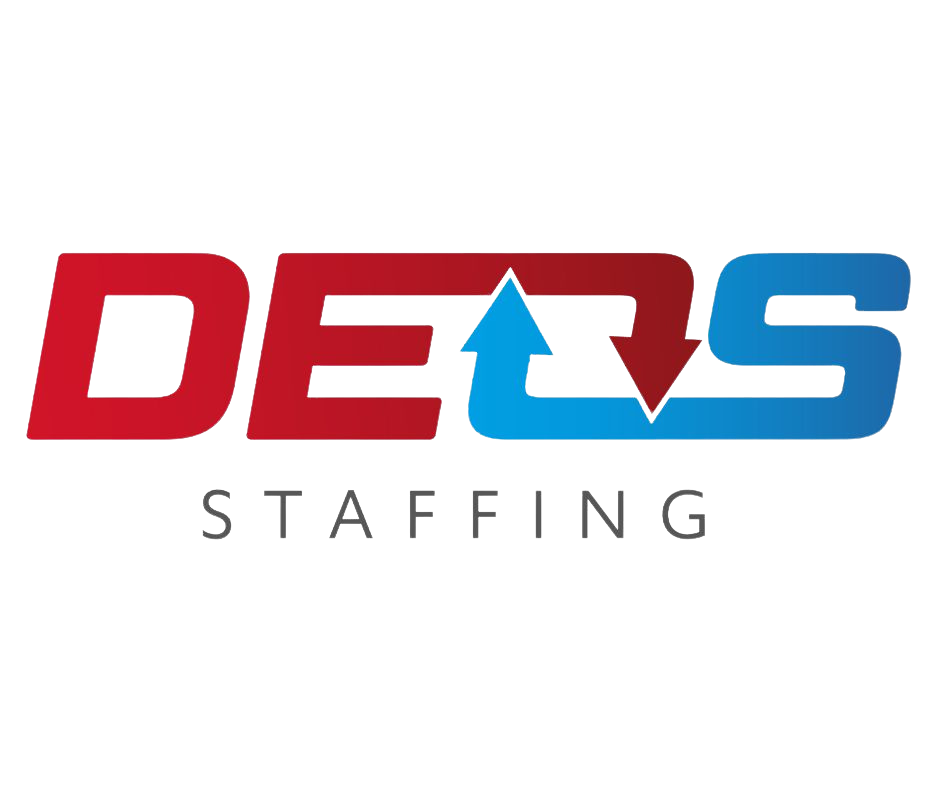Here are 25 things you didn’t know about the freight forwarding industry:
The Freight Forwarding industry is responsible for the movement of goods and materials around the world. It is a complex and vital part of the global supply chain. While the industry has been around for centuries, it has undergone a dramatic transformation in recent years.
Here are 25 things you didn’t know about the freight forwarding industry:
1. The freight forwarding industry is worth an estimated $2.2 trillion.
2. There are over 50,000 freight forwarders worldwide.
3. The United States is the largest market for freight forwarding, followed by China and Germany.
4. The industry employs over 10 million people globally.
5. The top 20 freight forwarders control over 60% of the market.
6. Maersk is the largest freight forwarder in the world, followed by Kuehne + Nagel and DHL.
7. The freight forwarding industry is expected to grow by 3.6% in 2020.
8. The industry is facing a shortage of skilled workers.
9. Technology is transformingthe industry, with the use of automation, big data, and the Internet of Things (IoT).
10. Freight forwarders are responsible for ensuring that goods are transported from one location to another, through a range of methods including air, sea, and land.
11. They also provide additional services such as customs clearance, insurance, and warehousing.
12. Freight forwarders work with a range of industries including healthcare, automotive, retail, and manufacturing.
13. The delicate nature of some goods, such as pharmaceuticals, means that freight forwarders must adhere to strict regulations and guidelines.
14. The industry is highly competitive, with many small and medium-sized businesses operating alongside larger corporations.
15. Freight forwarders must be experts in navigating complex logistics and supply chain networks.
16. The industry has a significant impact on the global economy, with the movement of goods supporting trade relationships and economic growth.
17. Despite the growth of e-commerce, the majority of global trade still relies on physical transportation.
18. Freight forwarders must have a deep understanding of local regulations and customs requirements in each country where they operate.
19. The use of digitization and technology has enabled freight forwarders to provide more efficient, cost-effective solutions.
20. Freight forwarders play a critical role in global disaster relief efforts, transporting vital supplies and equipment to affected areas.
21. The COVID-19 pandemic has had a significant impact on the industry, with disruptions to supply chains and restrictions on transportation.
22. The industry has responded to the pandemic by implementing new safety protocols and utilizing technology to minimize disruptions.
23. Sustainability is becoming increasingly important in the industry, with freight forwarders working to reduce their carbon footprint and promote environmentally-friendly practices.
24. The industry is highly regulated, with governing bodies such as the International Chamber of Commerce (ICC) and International Air Transport Association (IATA) setting standards.
25. Freight forwarders must continually adapt and innovate to meet the changing needs of their clients and the global economy.



Comments are closed